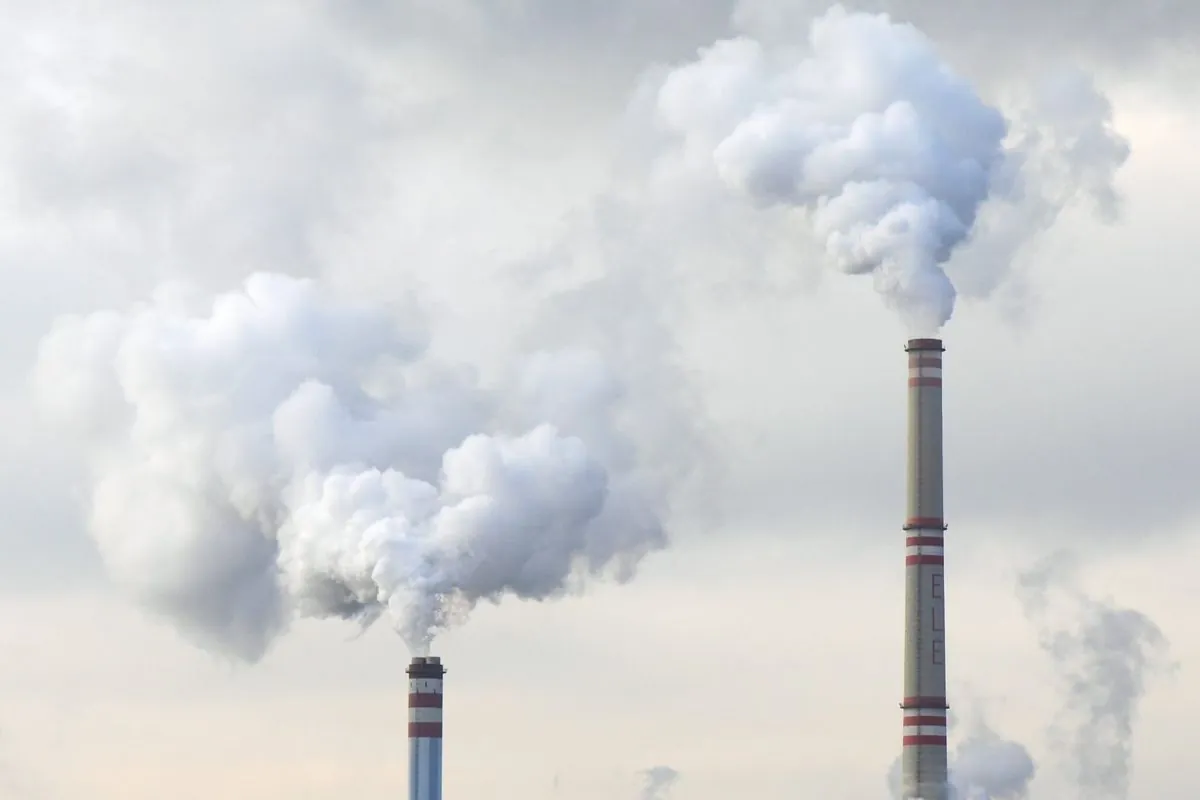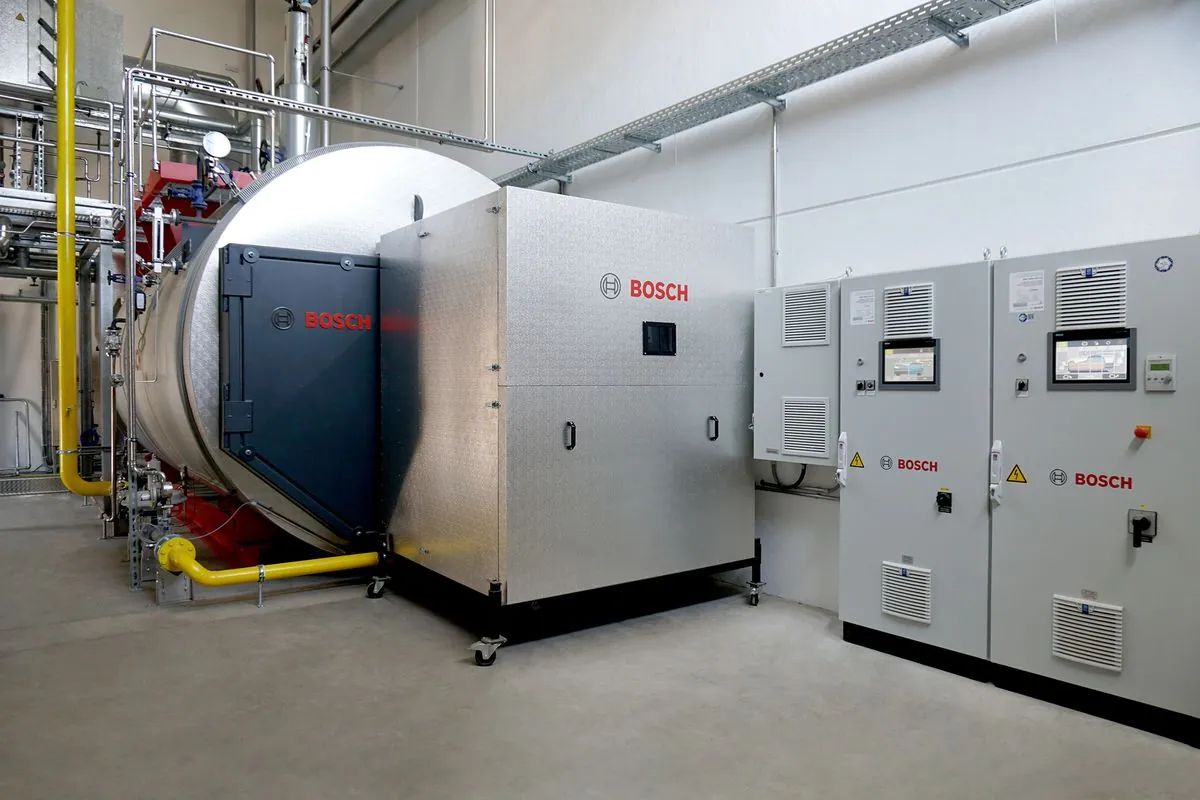Court Overturns EPA's Retroactive Boiler Emissions Rule, Industry Wins
Federal appeals court sides with industry groups, ruling EPA overstepped by tightening emissions standards for pre-2020 industrial boilers. Environmental concerns rise over potential increase in toxic pollution.

On September 3, 2024, a significant legal decision was reached regarding industrial emissions regulations in the United States. The U.S. Court of Appeals for the District of Columbia Circuit ruled against the Environmental Protection Agency (EPA), stating that the agency had exceeded its authority by retroactively applying stricter emissions standards to industrial boilers constructed before August 2020.
This ruling marks a victory for industry groups, including U.S. Sugar Corp and various associations representing industrial boiler operators. The court's decision centered on the interpretation of the Clean Air Act, which was originally signed into law on December 31, 1970, and has since undergone major revisions in 1977 and 1990.
The EPA, established on December 2, 1970, by President Richard Nixon, had adopted the contested rule in 2022. This regulation was part of the agency's mandate to establish emissions standards for new and existing sources of hazardous air pollutants, as directed by the Clean Air Act. However, the court found that the EPA's classification of certain pre-2020 industrial boilers as "new" sources misinterpreted the Act's definition.
Industrial boilers, widely used across various sectors to produce steam for power, heat, or other processes, can burn different fuels such as coal, natural gas, and biomass. The regulation of these boilers has been a subject of ongoing litigation for decades, reflecting the complex balance between industrial needs and environmental protection.

The court's decision takes into account the significant costs associated with retrofitting existing boilers to meet new standards. This consideration aligns with industry concerns about the financial burden of compliance. U.S. Sugar Corp, a major sugar producer in the United States, expressed satisfaction with the ruling, emphasizing their commitment to environmental stewardship.
However, environmental groups have voiced strong concerns about the potential consequences of this decision. Organizations like the Sierra Club, founded in 1892, and Earthjustice, established in 1971, argue that the ruling could lead to increased emissions of toxic metals like mercury and other hazardous air pollutants. These substances are known to pose serious health risks, with mercury capable of causing neurological and developmental issues in humans.
James Pew, director of Earthjustice's clean air practice, stated:
"Today's decision will allow yet more toxic pollution to be emitted into communities that are already overburdened by their harmful effects."
This case underscores the ongoing challenges in balancing industrial operations with environmental protection. The EPA, which is required to review and revise emission standards every 8 years under the Clean Air Act, now faces the task of reassessing its regulatory approach in light of this ruling.
The decision by the D.C. Circuit Court of Appeals, often considered the second most powerful court in the U.S. and holding exclusive jurisdiction over many environmental cases, will likely have far-reaching implications for air quality regulations and industrial practices across the nation.
As the debate continues, the focus remains on finding effective ways to reduce hazardous air pollutants while considering the economic impacts on industries. This ruling serves as a reminder of the complex interplay between environmental regulations, industrial operations, and public health concerns in the United States.


































